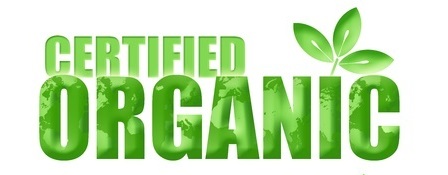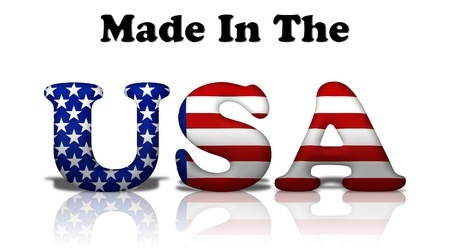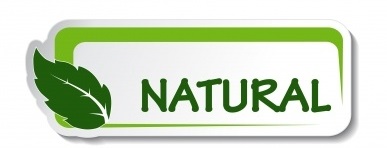 If salicylic acid is like gentle sandpaper for your skin, isotretinoin (commonly referred to by the now-defunct brand name Accutane) is paint stripper. It gets the job done when nothing else will, and it comes with plenty of safety warnings.
If salicylic acid is like gentle sandpaper for your skin, isotretinoin (commonly referred to by the now-defunct brand name Accutane) is paint stripper. It gets the job done when nothing else will, and it comes with plenty of safety warnings.
Over the last three decades, stricter regulatory policies have been put in place, and while isotretinoin is a serious drug that requires close monitoring, it’s an effective medication for severe acne. If you’re confused, you’re not alone. Here’s how it breaks down.
PROS:
● Isotretinoin is an internal retinoid, which is a vitamin A derivative, and it is the only drug that addresses all four major acne causing factors. It reduces skin oil production, improves cell turnover inside pores, decreases the naturally occurring P, acnes bacteria on the skin, and calms inflammation.
● It’s hands down the most effective way to improve severe cystic acne when no other treatments work.
● Once acne is gone, it’s either gone for good or if it comes back, it will most likely not be as severe.
 CONS:
CONS:
● It will probably cause severe dryness and irritation
● It can cause birth defects. To go on isotretinoin, patients must enroll in the FDA’s iPLEDGE program, which requires women to be on two forms of birth control for a month before starting and a month after discontinuing their prescription.
● There have been suggested relationships between isotretinoin use and depression, anxiety and inflammatory bowel disease. The American Academy of Dermatology’s official position is that, based on current evidence, isotretinoin is still appropriate to use if patients are aware of the risks.





